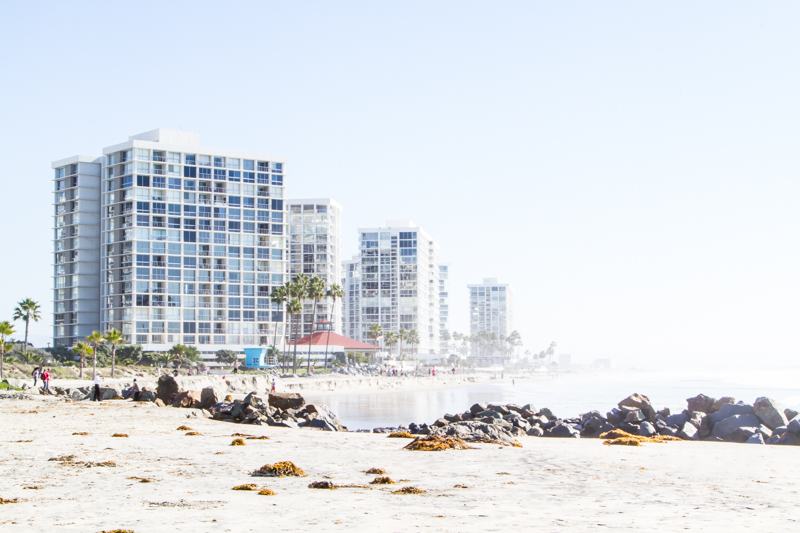PROP 10
PROPOSITION 10 — LOCAL RENT CONTROL
For your reference, Propositions 1, 2, and 5 also target California’s housing crisis.
I STRONGLY urge you to read this analysis. Prop 10 is complicated. I needed a ton of thinking and reading in order to make up my mind about it.
Petition signatures placed this proposition on the ballot.
A YES vote on Proposition 10, adorably entitled the Affordable Housing Act, would repeal a state law that banned rent controls at the municipal level, but it would NOT prevent landlords from a “fair rate of return” —in other words, collecting what the property is “worth.”
Huh?
Q. How would rent control work, if the landlord still collects what the property is “worth”?
A. I assume, but cannot seem to verify, that when first renting, the landlord receives fair market value. The rate of increase from there, as long as the tenant stays, is depressed. So the collecting of what the property is “worth” appears to apply only when accepting a new tenant.
Before I continue, my gut tells me this is another one Republicans would cheerfully vote against despite their constant crying in favor of “local control,” which it will not surprise anyone to learn applies only in very narrow situations mostly favoring people with private jets.
But, I digress. My own mind is not anywhere near made up. I have more questions.
Q. Does rent control work?
A. It’s complicated. One of the negative effects is that it discourages landowners from making improvements to their properties, because there is no incentive to compete for good tenants. The San Francisco Rent Stabilization Ordinance was enacted as emergency legislation in 1979; then city voters enacted Proposition 1, an expansion of city-wide rent control, in 1994.
My friend Ralph Payne, who helped write that ordinance, says, “There were several significant amendments to the ordinance over the years. Prop 1 was only one. But, it's safe to say, the ordinance only ever got tightened. The pandering by ALL SF politicians is due to the demographics: 70% tenant, 25% homeowner, 5% landlord. Landlords are an easy whipping boy.Prop 1 was enacted to include previously exempted owner-occupied 1-4 unit buildings. I was appointed to oversee the Rent Board by the Mayor. I was Executive Director of the SF Apartment Association. I lobbied to preserve the exemption of single-family homes, and to preserve the exemption for units built after ‘78. That exemption was included so as not to discourage the construction of rental housing—as it's impossible to recapture costs for the first few years. I would now favor eliminating that exemption for SF.”
Complicated stuff, isn’t it?
Between 1995 and 2012, rent soared $2.9 billion, but that was paid mostly by first-time renters not protected by the rent controls. The economic benefit to each renting household over that period is estimated to have been between roughly $2,500 per year and $6,500 per year. Moving decreased significantly. Properties offered on the market declined, but the city saw a significant increase in conversion to condominiums or tearing down and building new housing to avoid rent controls. Property values continued to increase dramatically. The number of rental properties available declined.
The end of rent control in Cambridge, MA, coincided with a sharp decrease in crime. I am not wholly convinced of causality here, but it is worth considering.
“The number of rental properties available declined.”
Q. How bad is rent in California?
A. Nearly $1300/month on average—yes including places like Bakersfield and El Centro—which makes California second only to Hawai’i.
Q. How would the passage of Prop 10 affect state revenue?
A. Probably—but not definitely—revenue would decline, I assume in the form of property taxes, but supporters hope to mitigate any losses with fees charged to property owners.
Q. What does existing law say? In other words, if I voted NO, what would remain in place?
Under current law new housing first occupied 23 years ago, after February 1995, (which is most of it), and units unconnected by title, such as condominiums, cannot now suffer rent control by municipal or county governments. In cases where owners are subject to rent controls (most notoriously in San Francisco), the owners may raise rates after the tenant moves out or is lawfully evicted.
In the NO camp resides both future Gov. Gavin Newsom and his hopeless right-wing opponent, but for different reasons. Mr. Cox is against local control when he isn’t in favor of it, as I already sardonically noted to be true of all Republicans. I am a snark-o-saurus, but Cox’s position IS consistent with supply-side economics, which says that increasing supply is the best way to depress prices. My own response to that position is (1) it hasn’t happened yet, as population continues to outpace supply, and (2) even if it DID happen it wouldn’t happen soon.
Newsom opposes Prop 10 because he argues it would depress housing construction, proving horrendously counterproductive, and so he would like to see differently-structured restrictions.
“Newsom opposes Prop 10 because he argues it would depress housing construction, proving horrendously counterproductive, and so he would like to see differently-structured restrictions.”
The state Democratic party supports Prop 10, but the caucus in Sacramento is divided, as evidenced by Newsom’s position. The SEIU, Los Angeles Mayor Eric Garcetti, and the ACLU support Prop 10.
Many—not all—social justice organizations are pushing Prop 10. They’re angry supply-side promises to build have yet to be fulfilled. The editorial boards of the Los Angeles Times and Sacramento Bee have thrown their support behind it, arguing that a mix of state and local control is part of what’s needed to address the crisis. YES has amassed over $12M as of the end of July, much of it donated by the AIDS Healthcare Foundation. (Sidebar: this is a fairly controversial organization. check it out for yourself.)
Landlords, builders, and apartment building owners are opposing it. So does the NAACP, which believes the status quo less harmful to people of color than a new landscape created by Prop 10. The editorial boards of the San Francisco Chronicle and the San Jose Mercury News have come out in opposition, arguing that it will exacerbate the problem rather than helping to solve it. NO has amassed over $34M as of the end of July.
That’s some big money compared to the other props, and I do imagine much larger numbers reported at the end of September.
My take, if you care:
I find the NoOn10’s campaign revolting—pretending that it will bankrupt teachers and poor grandmas and black Americans. Give me a break. The campaign is bankrolled by the hoarding class, although it is true that many landlords are middle class Californians.
But I am not convinced that rent control, by itself, does anything good. San Francisco’s story I find convincing: the number of available apartments DECLINED.
That is the worst thing that can happen.
My solution would be to enact a far stricter rent control based on income, in which the landlord receives the difference between what the renter can pay based on the household’s tax returns, and the assessed rental value of the property, from the state. In return, the landlord must follow strict guidelines regarding property improvement, and is barred from tearing down or converting without also producing same in terms of rental units. And, I would severly restrict flipping across the state, which is causing a horrific and artificial increase in property value.
If the goal is not an increase in rental units, it’s DOA as far as I’m concerned.
#NoOn10 #Prop10
Go back to the California ballot
10/2 edit: AIDS Healthcare Foundation is a major supporter of Prop 10.




